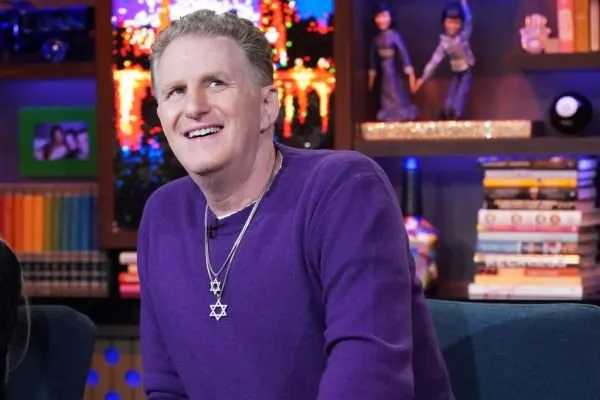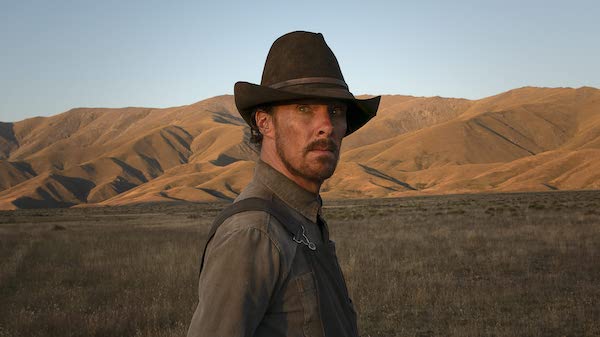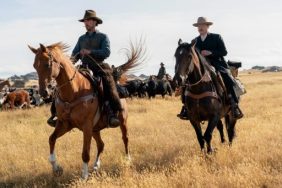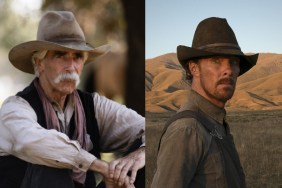The Power of the Dog is one of the year’s most interesting films. The film’s director, Jane Campion, while familiar to cinephiles and fans of international cinema, is nowhere near being a household name. The Kiwi director has made a name for herself by telling romantic, female-led stories. Although Campion is known for her work on the indie scene, The Power of the Dog is not only her first truly commercial project but also her first film in 12 years. As a result, Netflix has allowed many average viewers to be introduced to Campion’s work.
At the same time, the slow-moving madness of The Power of the Dog unfolding alone at home might be offputting to those who would be inclined to just Netflix and chill during the film. Truth be told, the first hour of the movie is perplexing at first glance, forcing us to ask the question of whether we’ve made a good decision to watch it. The second hour of the film forces us to the realization that we might kill the Netflix algorithm that recommended this to us. Finally, the last 8 minutes of the film forces us to question everything we just saw, in a “holy shit”, ingenious kind of way. As it turns out, viewers are in the hands of a master storyteller, and the ending proves that through and through.
In an era where big tentpole blockbusters and Netflix dominate the cultural landscape (sometimes both), the attention span of audiences had declined. These days, people are conditioned to expect (quite literally) more bang for their buck, a frenetic editing pace, and tons of expository dialogue. For a streaming service that has often catered to the lowest common denominator, Campion’s film plays against these expectations in a way that is both perplexing and wholly satisfying at the same time.
In other words, The Power of the Dog is a slow-burn western that feels more like something made during the golden age of Hollywood than a film that was made in the 21st century. It’s a movie that, despite not seeming to have a clear sense of direction for most of the film, is actually supremely methodical and highly thought out. To quote Heath Ledger’s Joker, it’s “all part of the plan”. While the storytelling structure may seem unique to modern audiences, it’s also a sign that those same audiences need to explore moves that were made before the 1980s.
In terms of being a classical Hollywood drama, there’s something very old school about the slow-burn approach that Campion brings to the source material. This is reflected in her casting choices as well, which is reminiscent of old Hollywood. When you think about it, just about every person Campion casts in The Power of the Dog could be easily plucked from the film, put into a black & white western from the 1950s, and no one would probably notice the difference.
It’s reasons like this that Hollywood seems to love the film. At the current moment, The Power of the Dog has swept many awards races already this season. Now, Campion is gunning for her Oscar and there’s a good chance she’ll get it (not to imply that we are opposed to this). Considering Hollywood’s propensity for self-fellatio for movies that celebrate bygone eras in the film industry (see: The Artist), there’s no doubt that The Power of the Dog has a good chance to win the best picture award this year.
Ultimately, The Power of the Dog is a movie that features neither powers nor dogs, which is why the film may seem so unusual in the age of franchise filmmaking. As someone who is a big proponent of the MCU and other superhero properties as well as classic Hollywood, Campion’s film is exquisitely crafted in every sense of the word. But at the end of the day, The Power of the Dog is an antidote to the modern Hollywood malaise of “franchise filmmaking,” and better off for it. Whether modern audiences agree is really dependent on whether they have an attention span that can last longer than 5 minutes.
Cover Photo: Netflix
Entertainment News 2 1 22
-
Hailey Bieber Shows Off ‘Glazed Donut’ Skin in Sexy Bikini Photo, Can We Get a Lick of That?

Read more here.
Photo: Instagram
-
Madonna Wants to Reenact 2003 Kiss With Britney Spears on Joint Tour, We’ll Take a Ticket a Ride

Read more here.
Photo: Getty Images
-
Kim Kardashian’s Infamous Figure Is Harmful to Body Image, Study Says It Hurts So Good

Read more here.
Photo: Getty Images
-
Ana De Armas Fans Sue For Getting Duped Into Seeing ‘Yesterday’ After Actress Was Cut, Unsure What to Do With Their Raging Boners Now

Read more here.
Photo: Universal Pictures
-
Julia Fox Declares New Couple Nickname for Her and Kanye West, That’s Not How This Works Honey

Read more here.
Photo: Getty Images
-
Wipe-Out Watch: Shirtless Shawn Mendes Eats It While Literally Trying to Flex on Instagram

Read more here.
Photo: Instagram
-
The Funniest Tweets About Nick Cannon Hosting a Gender Reveal Party For Yet Another Baby Mama

Read more here.
Photo: Getty Images
-
Meanwhile in New York: A Somehow Surprised Michael Rapaport Films Shoplifter in the Act, Dude Are You Sure You’re a New Yorker?

Read more here.
Photo: Getty Images
-
Watch Dwayne Johnson Get Pranked By His Daughter and Tub of Sticky Condiment, The Rock Is Not Cooking With This

Read more here.
Photo: Getty Images
-
‘Seinfeld’ Actress Kathryn Kates Who Denied Elaine Chocolate Babka Dies, Please Enjoy the Classic Scene in Her Honor

Read more here.
Photo: Getty Images









